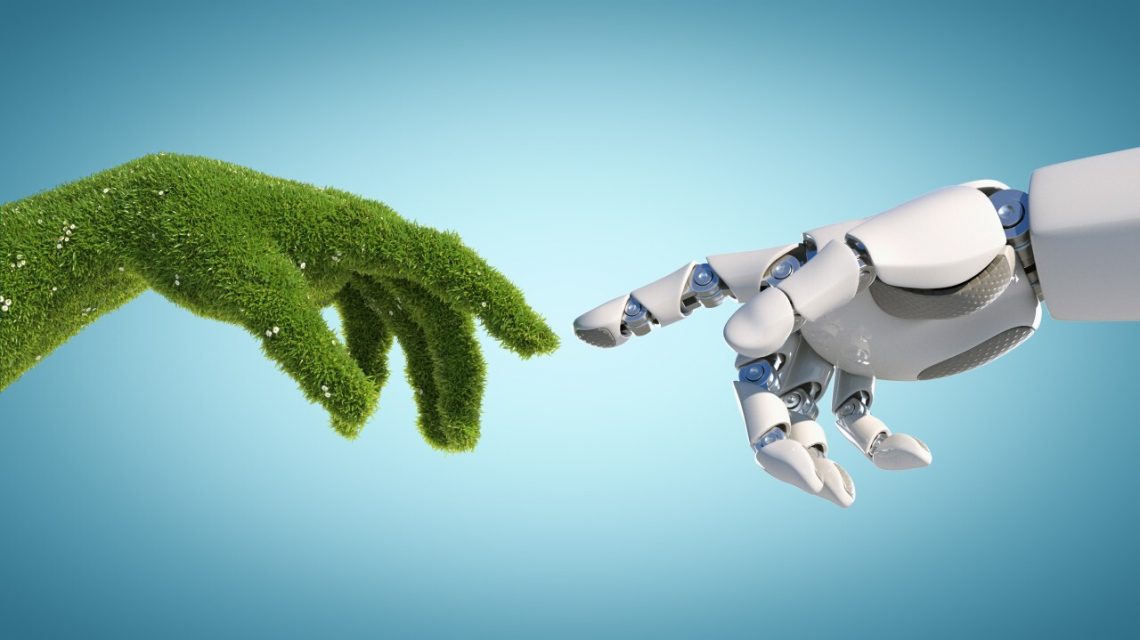
To effectively meet sustainability and net-zero targets, all sectors of the global economy must decarbonise, in other words, reduce the carbon emissions that contribute to climate change. To jump-start and catalyse these goals, however, certain sectors and industries must be prioritised, notably those that are mass emitters of greenhouse gases, and therefore mass contributors to
read more
